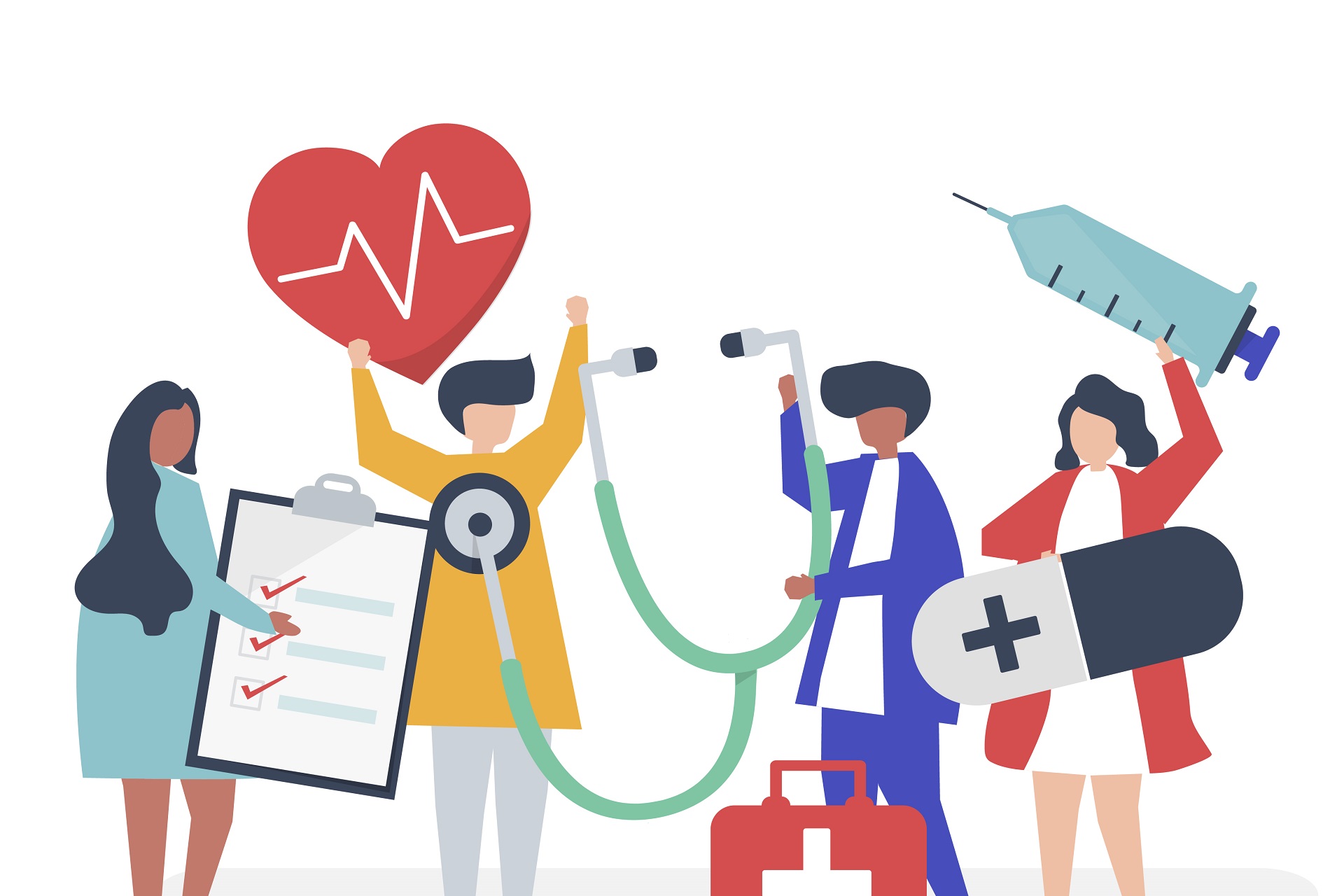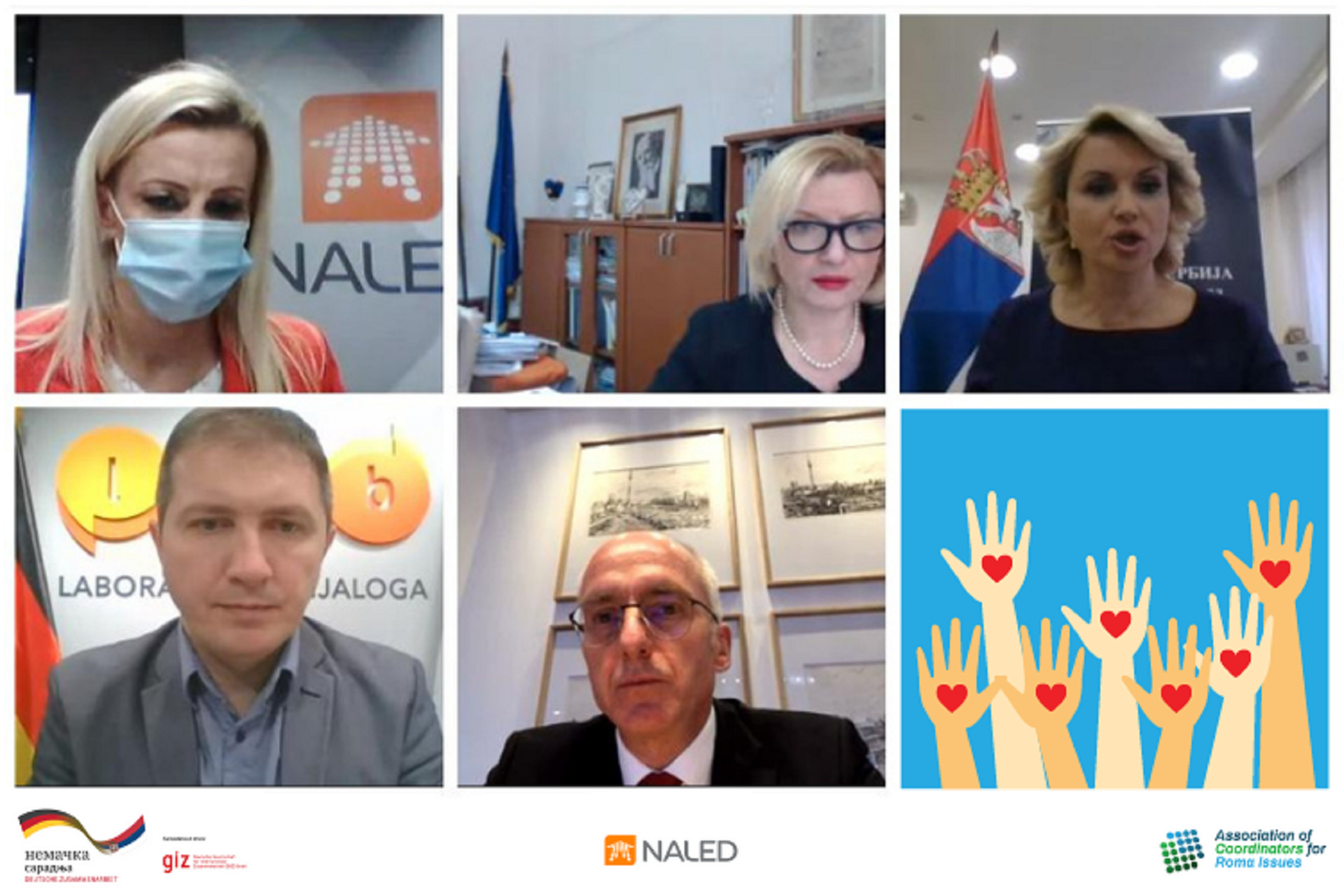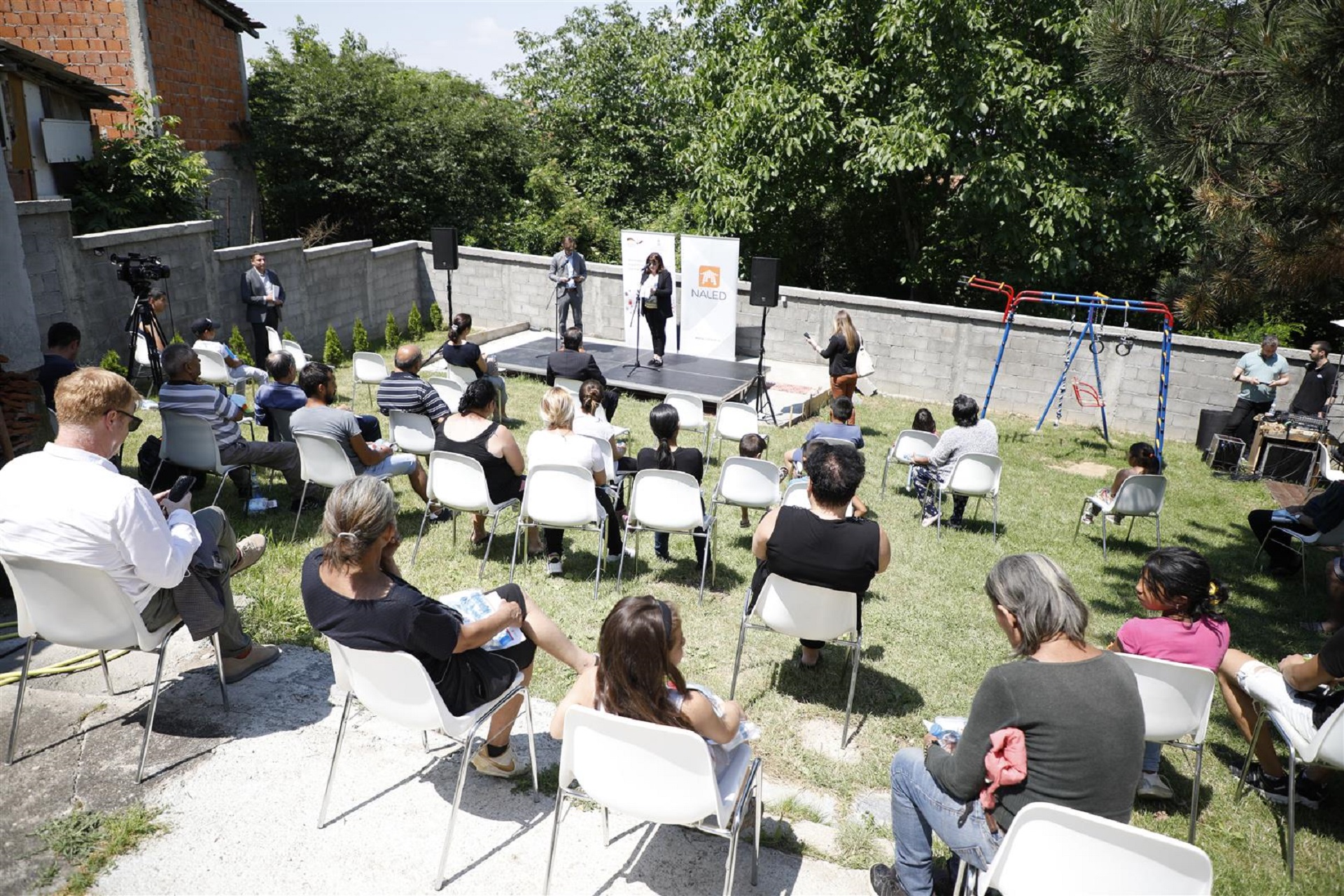Sensitive social groups need more support during emergency situations
With the aim of protecting the rights of Roma and other marginalized groups in crisis situations, representatives of the German Development Cooperation programme "Inclusion of Roma and other marginalized groups in Serbia" implemented by Deutsche Gesellschaft für Internationale Zusammenarbeit (GIZ) GmbH in cooperation with the Ministry of Human and Minority Rights and Social Dialogue, in cooperation with NALED and the Association of Coordinators for Roma Issues, have actively worked for the past six months to strengthen the capacities of emergency headquarters in 18 local governments in Serbia with close cooperation with representatives of the Ministry of Interior's Emergency Situations Department.
The capacity building activities included the headquarters from Belgrade, Požarevac, Valjevo, Vršac, Subotica, Sombor, Kragujevac, Kraljevo, Krusevac, Novi Pazar, Vranje, Pirot, Apatin, Aleksinac, Bač, Raška, Zvezdara and Novi Beograd. The program first performed an analysis of the current state of the protection and rescue system in these local governments, in order to map the needs of sensitive groups and strengthen the emergency response mechanisms.
In cooperation with the Sector for Emergency Situations, at a workshop organized during June, the representatives of emergency headquarters, local governments, social work centres and the Red Cross presented models and best practice examples, to ensure wider inclusion of Roma and other marginalised groups in the protection and rescue system. Based on the mapping results, situational analyses for all 18 local governments have been prepared and distributed.
Another three online workshops were held in September to finalize recommendations for the inclusion of Roma and other marginalized groups in the protection and rescue system. Marking successful finalization of activities on this component of the project, all members of the Sector for Emergency Situations were awarded certificates for special contribution, bearing in mind their important role and the Sector’s support for project activities through active participation of the chiefs of staff and members of fire and rescue units.
In addition to supporting sensitive social categories in emergency situations, the project "Improving the Living Conditions of Roma, Roma women and other marginalized groups in 18 local governments at the time of COVID-19" is aimed at economic empowerment through inclusion of these groups in the "Together for the Community" programme, in which 240 members of marginalized groups were employed in six local governments.
One of the main goals of the project was to improve access to information, prevention and recovery from Covid-19, with 54 health workshops conducted in Roma settlements.



